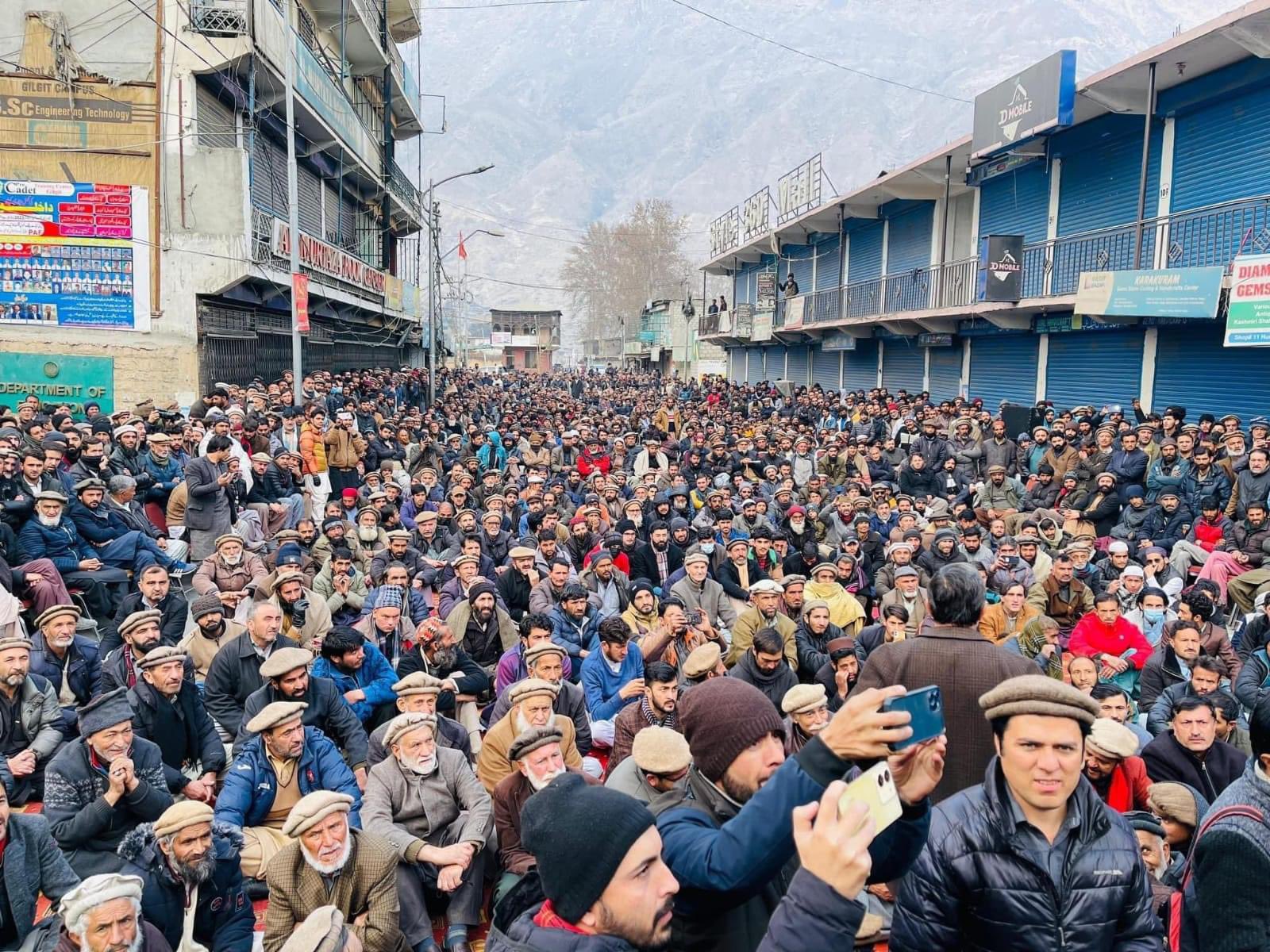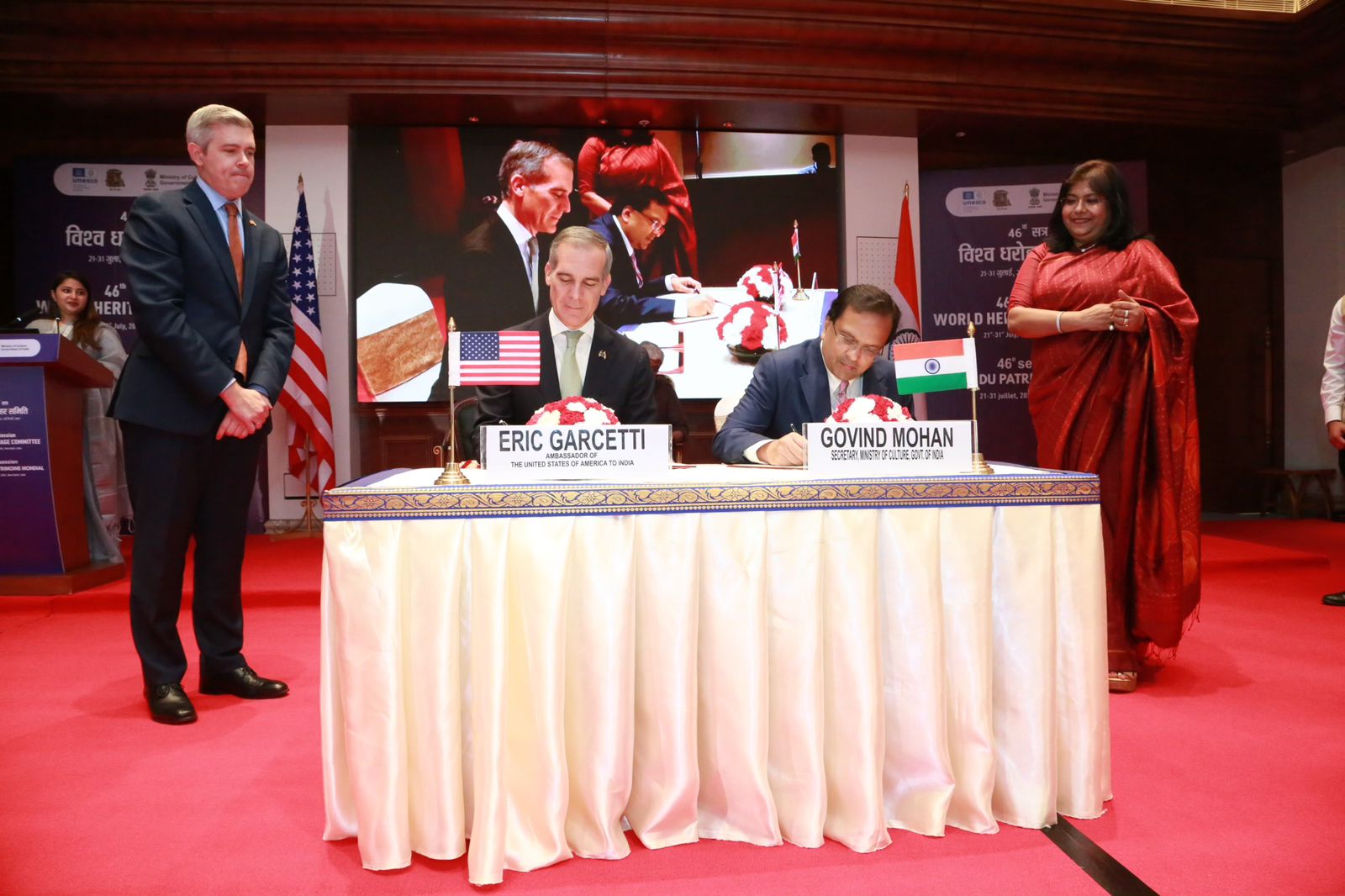Silencing the mountains: Unrest and suppression in POJK and Gilgit-Baltistan.

The Pakistan Army’s heavy-handed tactics in Pakistan-Occupied Jammu and Kashmir (PoJK) have led to heightened unrest and underscored the longstanding issues of political disenfranchisement and economic deprivation in the region. The suppression of voices and rights in these areas has brought international attention to the profound challenges faced by their inhabitants, as noted by various think tanks globally. This has sparked a wider discussion on the need for addressing the systemic issues affecting the residents of these regions.
Gilgit-Baltistan has been grappling with entrenched economic woes, which have intensified due to recent policy decisions by the Pakistani government. The decision to hike wheat prices and slash subsidies sparked widespread protests across the region. The Awami Action Committee, a coalition representing various districts including Gilgit, Skardu, and Hunza, spearheaded the demonstrations, calling for the reinstatement of subsidies and a fair distribution of the region’s resources. Although the government initially acquiesced to some demands, the protesters remained unsatisfied, underscoring deeper-seated issues such as inadequate infrastructure and political underrepresentation.
In Gilgit-Baltistan (GB), activists have faced severe backlash for their dissent, with prominent figures like Baba Jan being detained under anti-terrorism laws for reportedely advocating for disaster relief and fair compensation for affected communities. Baba Jan’s efforts to organize displaced individuals to demand government compensation and rehabilitation have been met with repression, highlighting the Pakistani state’s strategy to silence dissent and maintain control. Similarly, activist Yavar Abbas, known for criticizing the Pakistan Army’s actions in GB, was recently arrested, with many believing it was an attempt to silence his legitimate criticism. Abbas’ advocacy focuses on issues like land grabbing and resource exploitation in GB, a region struggling with political status and economic development questions. His recent Twitter post likening GB’s situation to Palestine’s drew significant attention.
In Pakistan-Occupied Jammu and Kashmir (PoJK), economic grievances, including skyrocketing electricity bills and flour prices, have triggered widespread protests. The Jammu Kashmir Joint Awami Action Committee organized a long march to the capital, Muzaffarabad, which resulted in violent clashes between police and demonstrators. The authorities responded with force, deploying teargas and firing, leading to multiple arrests. This crackdown exemplifies the Pakistani government’s aversion to local movements demanding fundamental rights and political representation.
The Pakistani military and civilian authorities have employed detentions and internet shutdowns to quell the unrest, with locals accusing them of suspending internet services and closing schools during protests. This heavy-handed approach has only exacerbated resentment among the local population, who are demanding their rights and better governance.
Both Gilgit-Baltistan (GB) and PoJK suffer from political disenfranchisement, with residents in these regions lacking adequate representation in Pakistan’s national legislature, leading to feelings of marginalization and ‘taxation without representation.
The absence of adequate representation for residents in Gilgit-Baltistan (GB) and Pakistan-Occupied Jammu and Kashmir (PoJK) in Pakistan’s national legislature has led to sentiments of marginalization and disenfranchisement. This political voicelessness has fueled discontent and protests, as locals demand greater autonomy and control over their resources.
The strategic significance of GB and PoJK, particularly in the context of the China-Pakistan Economic Corridor (CPEC), has contributed to the suppression of local voices. The Pakistani government’s attempts to designate GB as a province have been met with resistance, as this move is perceived as an attempt to consolidate control over the region for strategic and economic interests. Locals are concerned about environmental degradation and resource exploitation without adequate benefits for the region, exacerbating tensions.
This lack of political representation and economic concerns have culminated in widespread discontent and protests, as locals demand greater autonomy and a fair share of resources.
Picture Source: From X Post of @harf_e_nagufta







